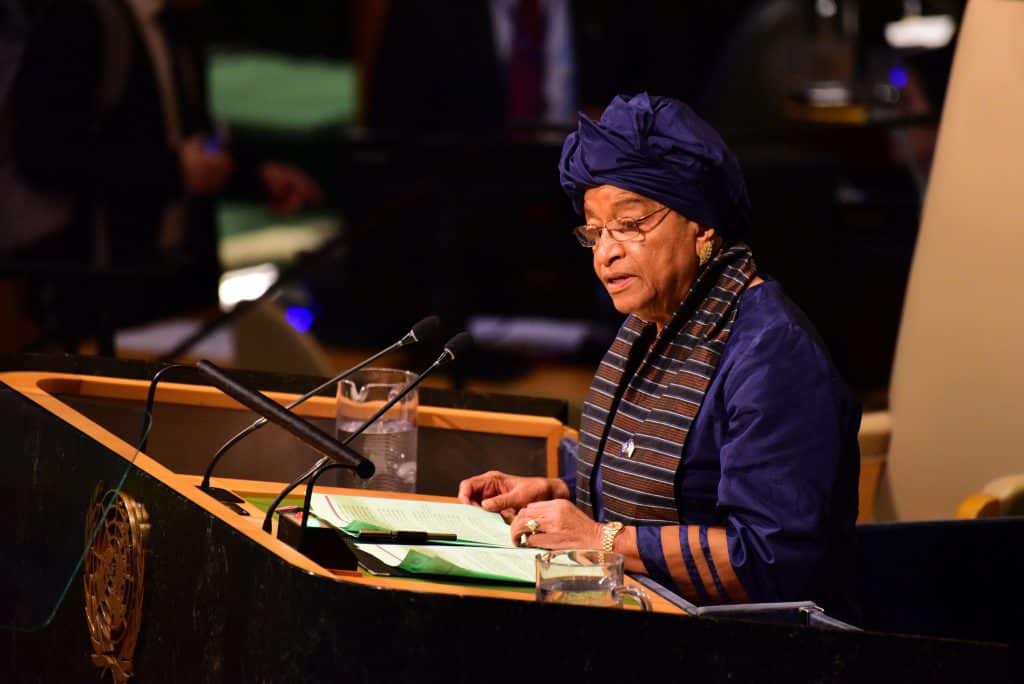This was the highlight of the 18th edition of the African Ministerial Conference on the Environment (AMCEN), held from 12 to 16 September 2022 in Dakar, Senegal. Four former African heads of state, Ellen Johnson Sirleaf of Liberia, Festus Mogae of Botswana, Hailemariam Desalegn Boshe of Ethiopia and Mahamadou Issoufou of Niger, are pleading for African biodiversity. They are calling for urgent biodiversity conservation measures to be put in place on the continent in order to halt the environmental disaster it is facing.
According to the AMCEN organisers, Africa’s biodiversity is being lost at an unprecedented rate. They estimate that by 2100, climate change alone will have caused the disappearance of more than half of Africa’s bird and mammal species. This loss would threaten food, water, energy and health security, negatively affecting the lives of millions of Africans.
Implementing the Kigali Declaration on Protected Areas
In their plea to strengthen the preservation of Africa’s biodiversity, the four former heads of state point out that the continent is indeed already well on its way to this goal. Reference is made here to the Kigali Call to Action, launched by the participants of the first African Congress on Protected Areas held from 18 to 23 July 2022 in Kigali, Rwanda.
Based on the recognition that Africa’s protected and conserved areas help combat the emergence and spread of zoonotic diseases, reduce disaster risk, adapt to and mitigate climate change, and conserve biodiversity, the Kigali Call to Action identified a set of priority actions to strengthen Africa’s protected and conserved areas in a fair and equitable manner.
Read also-AFRICA: Apac puts indigenous peoples at the heart of nature protection
These include respecting the rights of indigenous peoples and local communities, increasing public and private investment in conservation and nature conservation, and strengthening pan-African collaboration, cooperation and partnership for protected and conserved area systems.
Under the theme “Securing People’s Well-Being and Environmental Sustainability in Africa”, the 18th edition of AMCEN encourages governments to ensure that recovery measures are aligned with the long-term goals of building resilience to the impacts of climate change and integrating more ambitious policies to halt and reverse biodiversity loss and restore ecosystem services. This year’s theme also encourages countries to prioritise green and sustainable recovery plans that deliver mutual benefits for social, economic and environmental resilience.
Boris Ngounou
